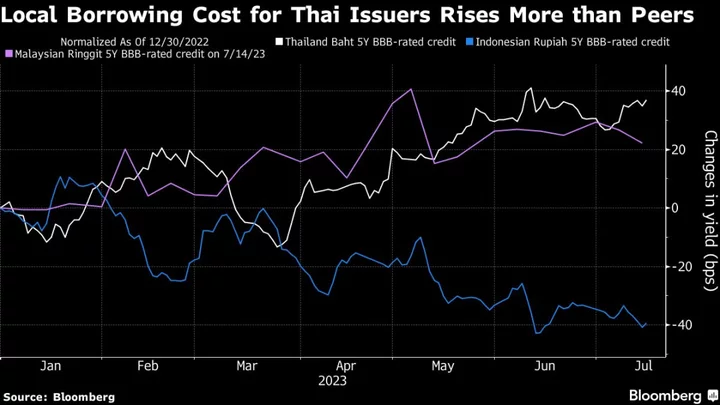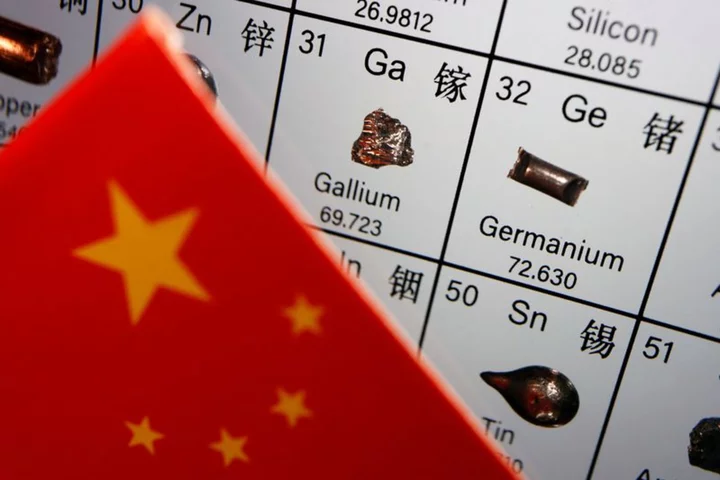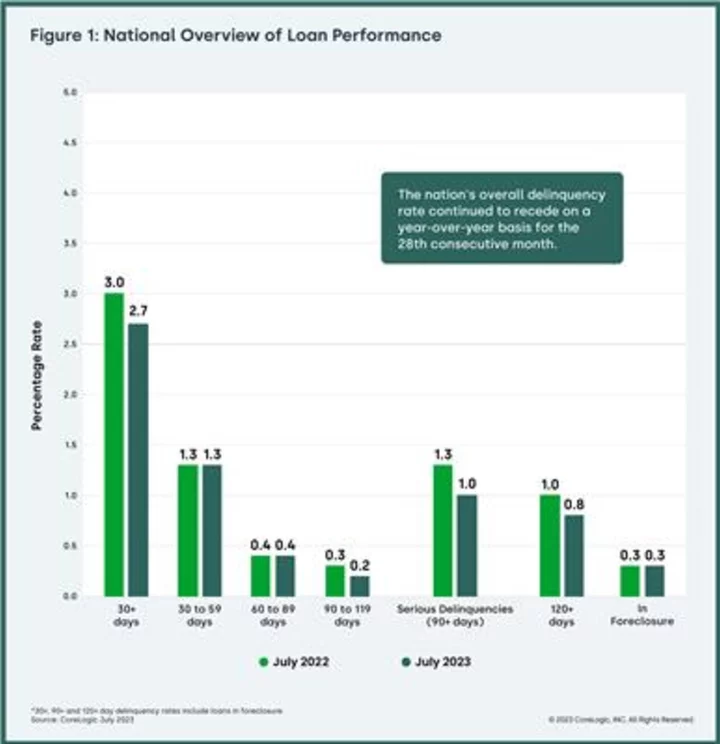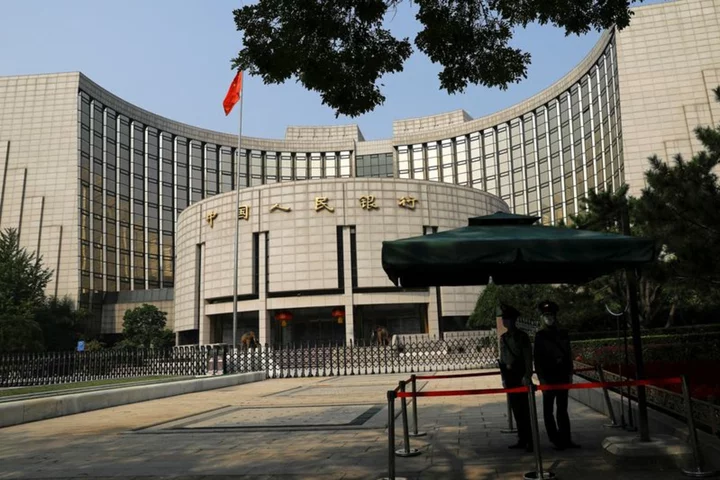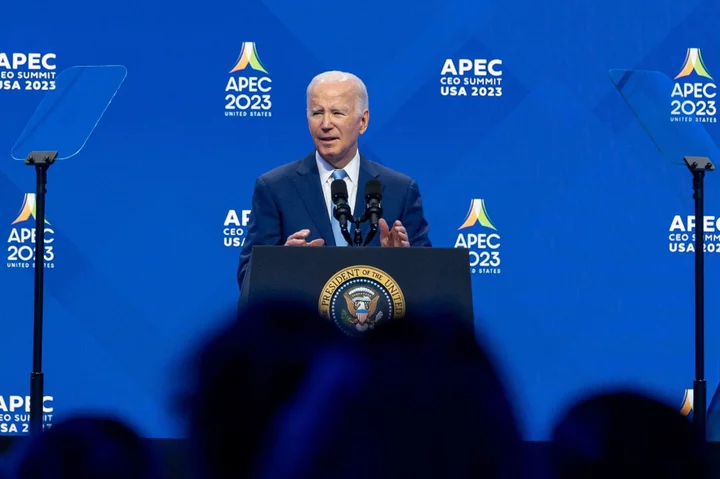Thailand’s parliament barred Pita Limjaroenrat from running for prime minister, in a decision that undermines the people’s choice by keeping the leader of the party that won the May general election from heading the next government.
A majority 395 members in the 748-strong National Assembly voted against Pita, according to results announced by House Speaker Wan Muhamad Noor Matha after a marathon debate lasting almost eight hours Wednesday. The decision came shortly after a court suspended Pita as a lawmaker, pending verdict on the poll panel’s plea for his disqualification over allegations Pita breached election rules by holding shares in a media company.
The moves effectively leaves Pita with near zero chance of leading the country, although the eight-party pro-democracy coalition he cobbled together after the May 14 polls still has a shot at ending the nearly decade-long military rule. Pita has already said he’s willing to let coalition partner Pheu Thai lead government formation efforts should he fail in his attempts to secure power or stop the Senate from voting.
The baht gained to a two-month high during the day, which Natwest Markets emerging markets FX strategist Galvin Chia attributed to optimism that Pheu Thai will be stepping in if Pita fails.
But the coalition could still be dealt another blow. The Constitutional Court, which is hearing another case against Pita’s Move Forward over its pledge to reform the so-called lese majeste law, could issue a ruling to disband the party. As lawmakers who are executives of a disbanded party will be banned from politics for 10 years per the constitution, this could reduce the number of support the coalition commands in the lower house. Other lawmakers can still maintain their jobs but must join a new party within 60 days.
“It’s clear that in the current system, winning the trust of the people isn’t enough to govern the country,” Pita said in an Instagram post. He earlier had to leave National Assembly hall in the midst of the debate after receiving the court’s suspension order.
Later, Pita urged his supporters to fight alongside him. Protesters gathered outside of the parliament gates Wednesday, with police officers in flak jackets lined up on the other side.
The developments bear uncanny similarities to earlier ones against Thanathorn Juangroongruangkit, leader of Move Forward’s predecessor party. Thanathorn was found guilty by the same court for holding media shares and disqualified as a lawmaker. His party, known as Future Forward, was later dissolved in another case, igniting a mass protest movement in 2020 that led to unprecedented calls for monarchy reforms.
Although investors wagered that the political deadlock in Thailand may come to an end soon, concerns over the delay in forming a government more than two months after the elections as well as endorsing the annual budget are pushing up borrowing costs for companies.
The yield of 5-year BBB-rated local currency notes in Thailand has jumped more than 6 basis points in July, while that of similar notes in Indonesia and Malaysia fell 6 and 7 basis points, respectively, according to data compiled by Bloomberg.
The vote can be interpreted to mean that parliamentary regulations, which state that a failed motion cannot be raised twice in the same semester, take precedence over the country’s constitution — which, to be sure, does not limit the number of times a prime minister candidate can be nominated for the top job. The strength of the National Assembly stood reduced to 748 from the original 750, after one member resigned last week and Pita was suspended.
“Since the May 14 election, Thai society has changed. Thailand will never be the same again,” Pita wrote on Facebook. “So we must keep fighting together. We’ve won half way, let’s keep going.”
--With assistance from Pathom Sangwongwanich and Napat Kongsawad.
(Updates with details throughout)

